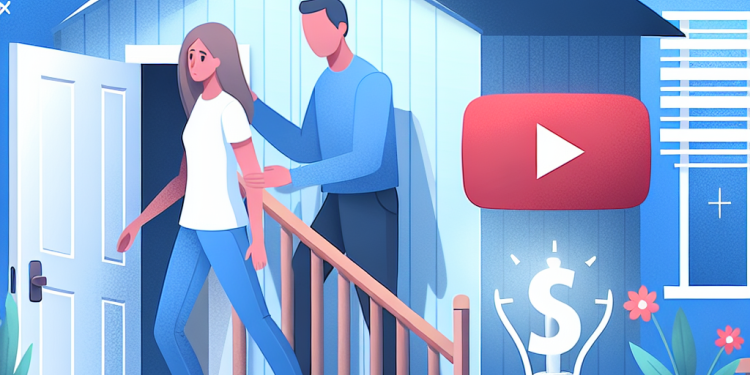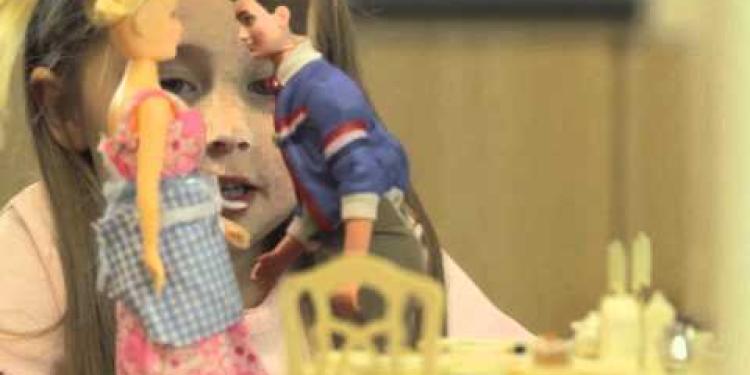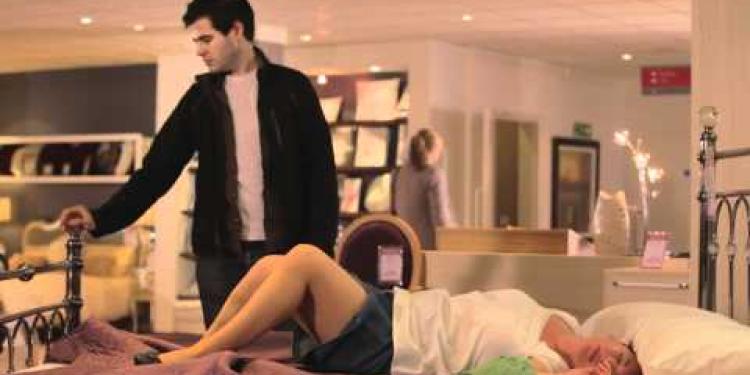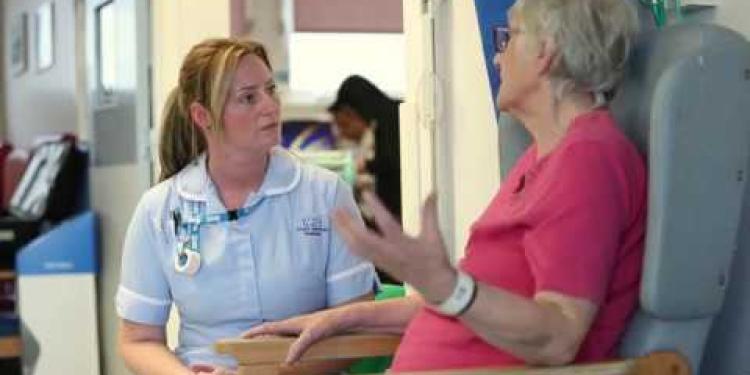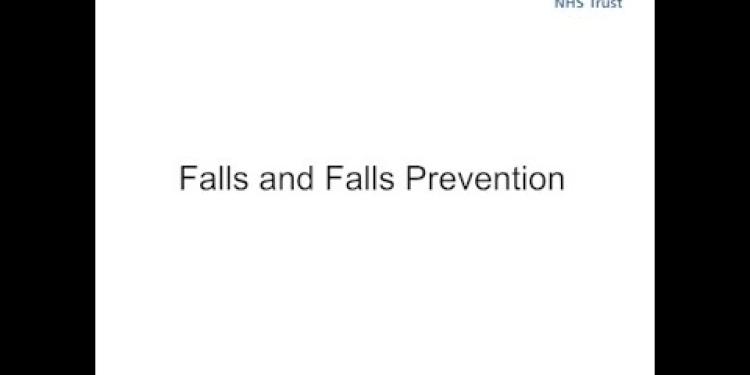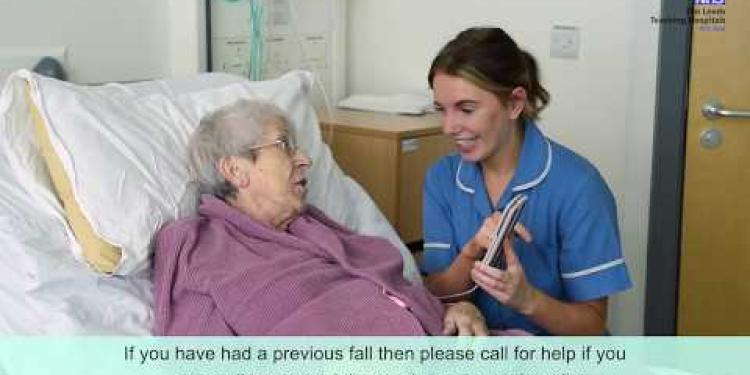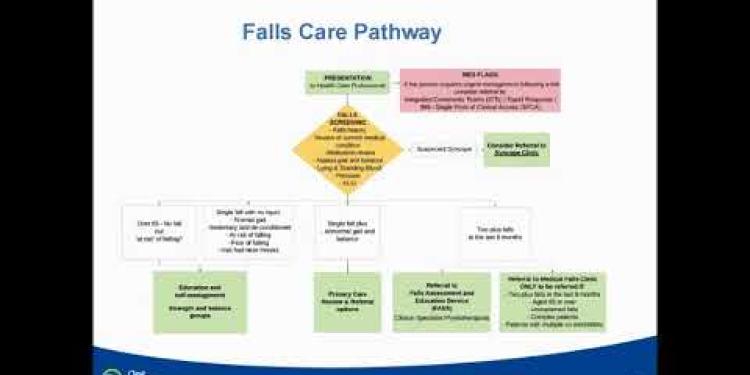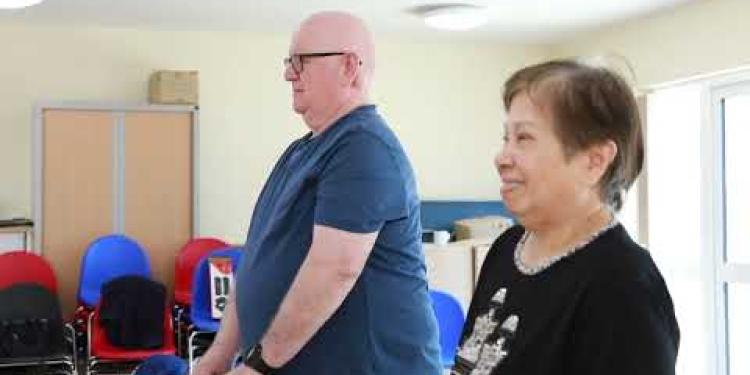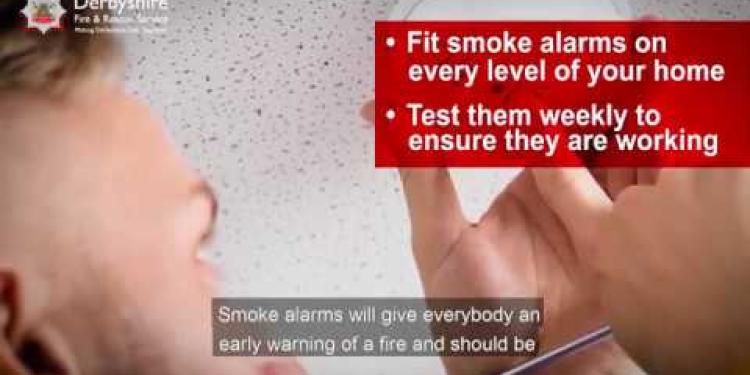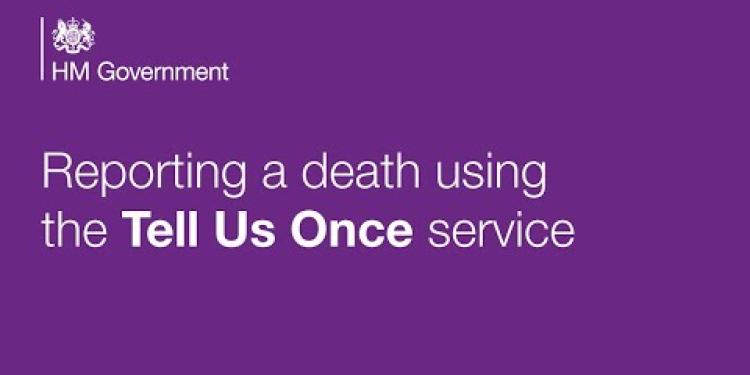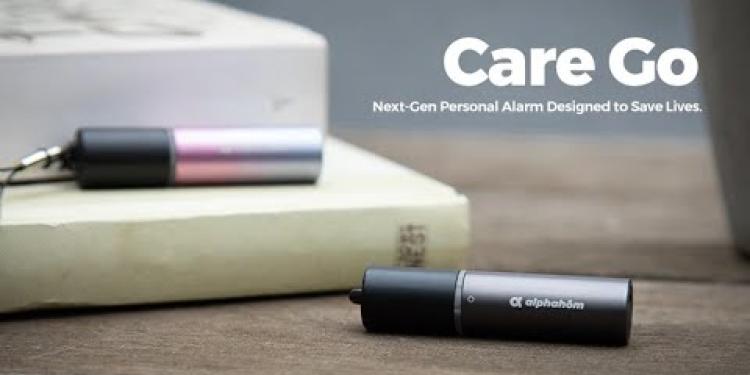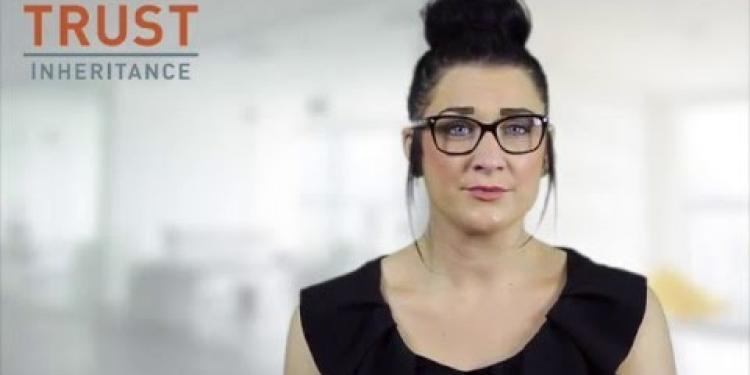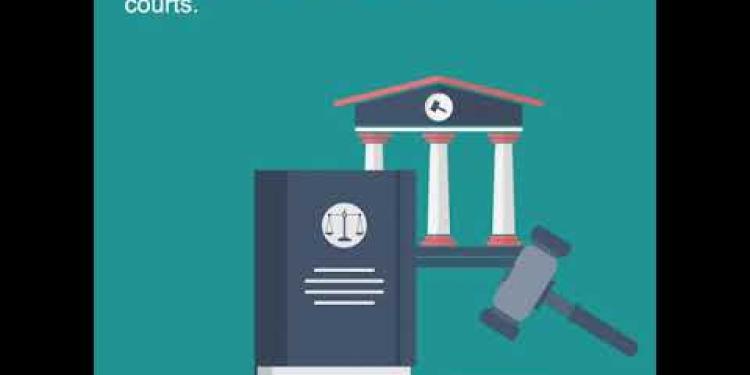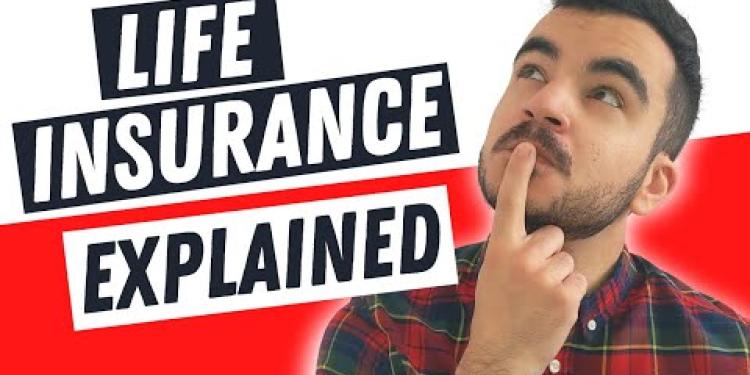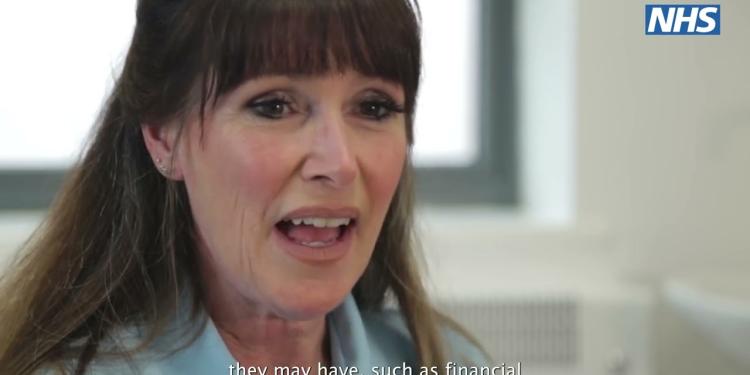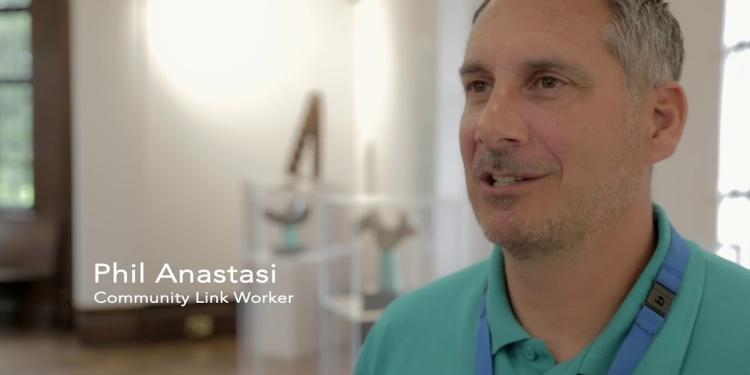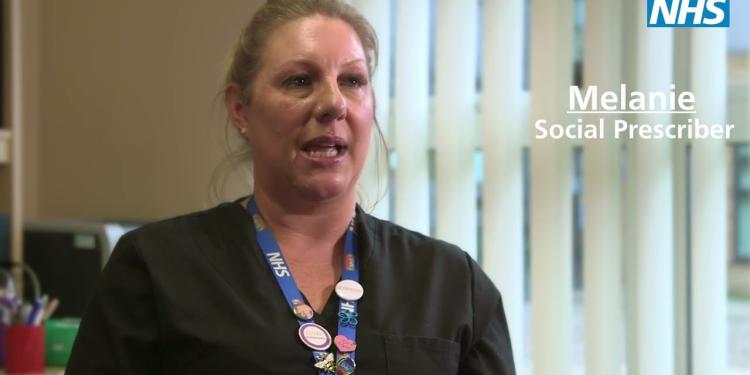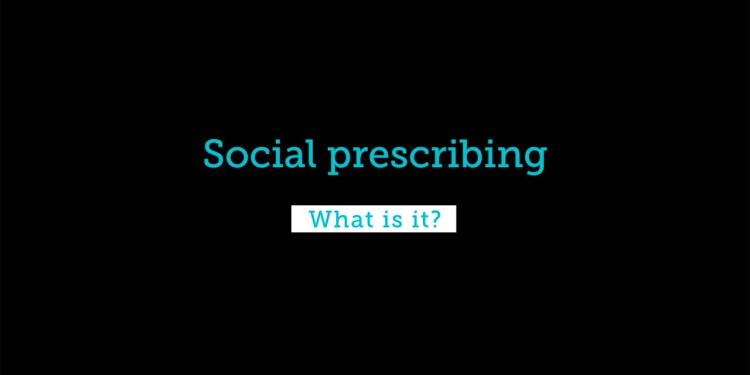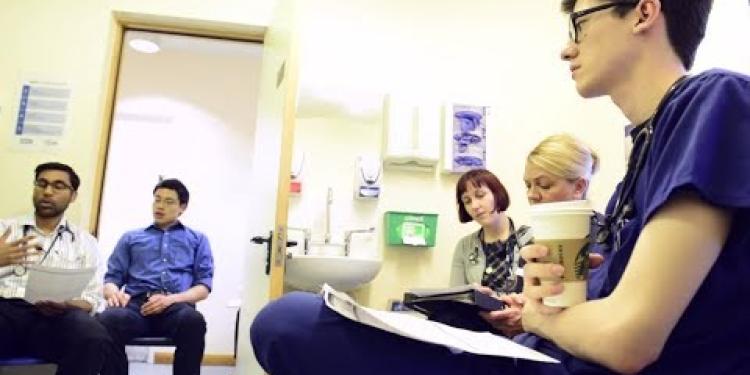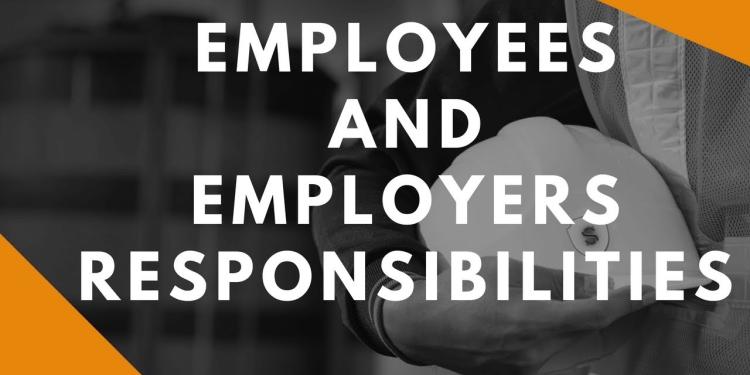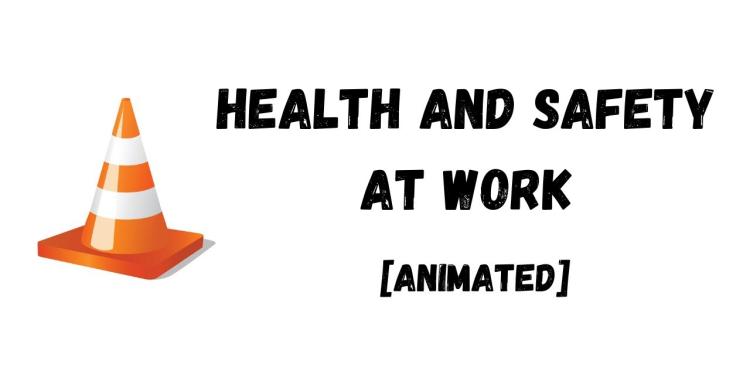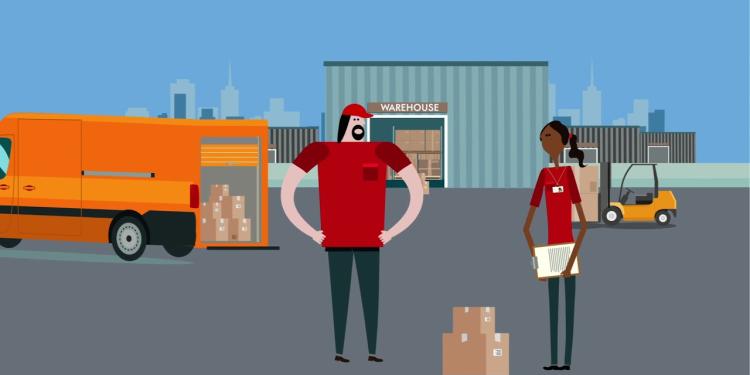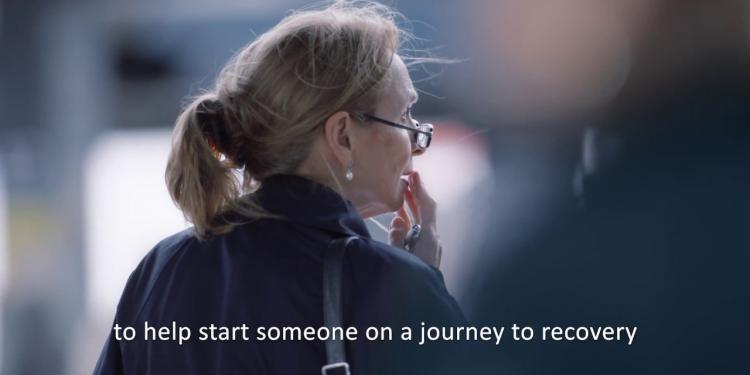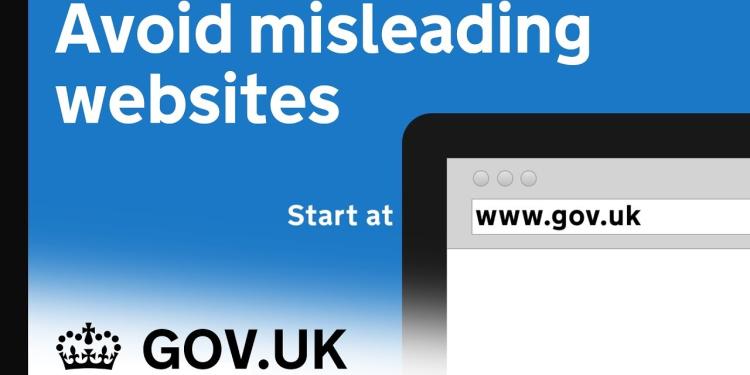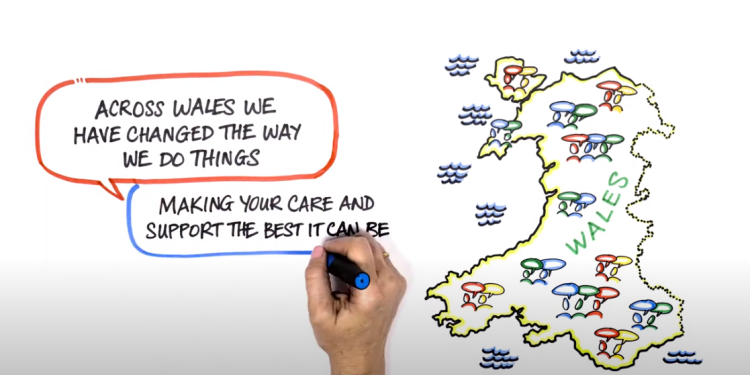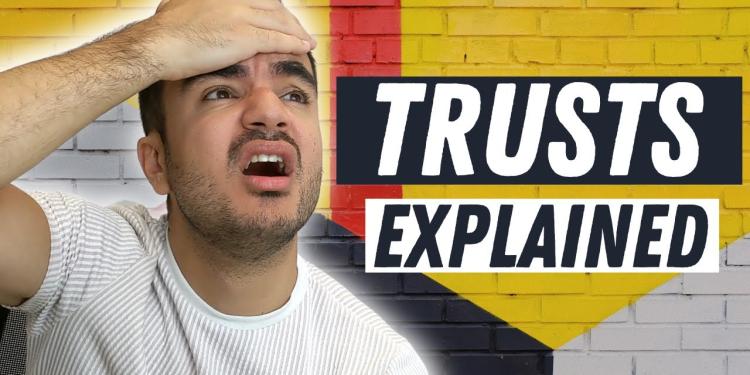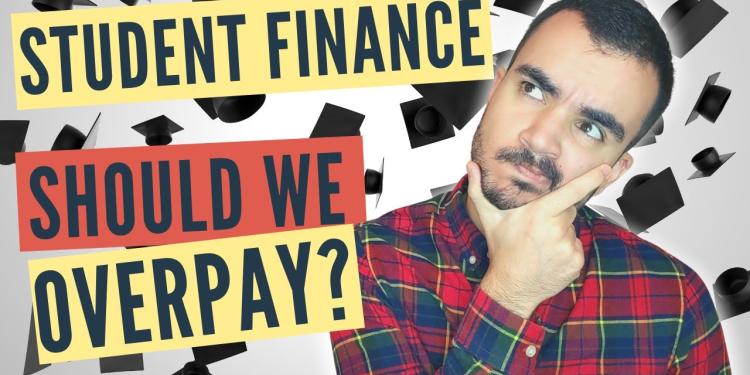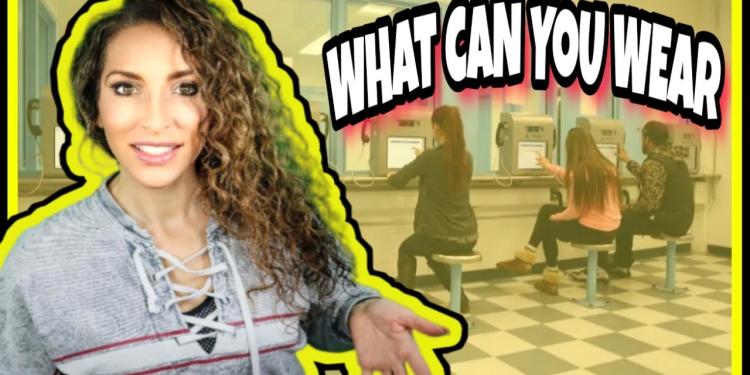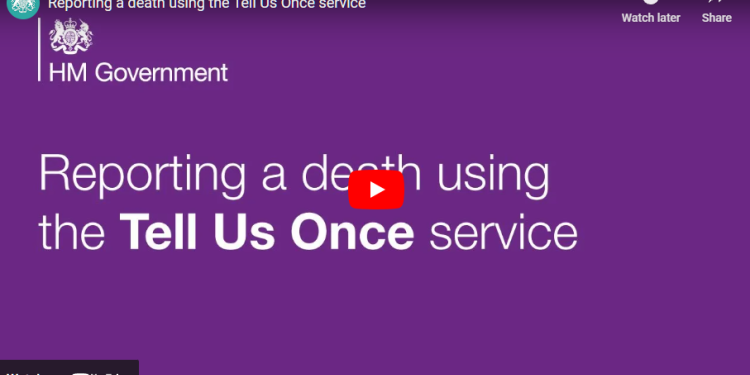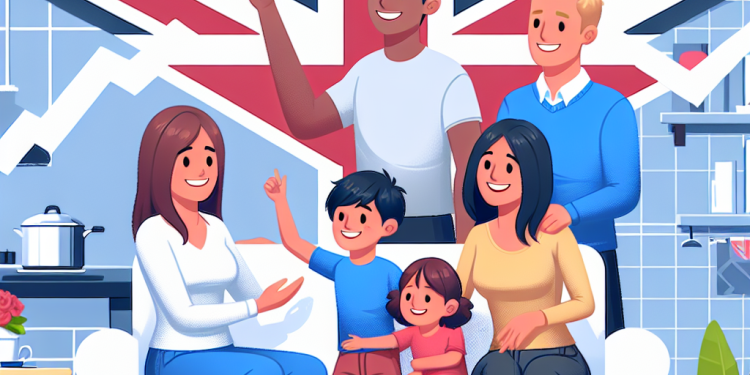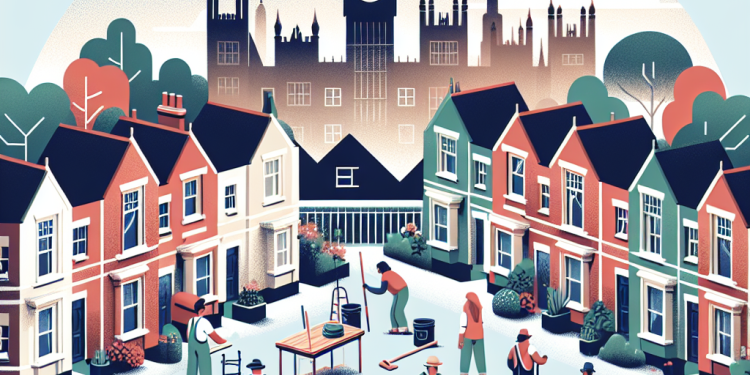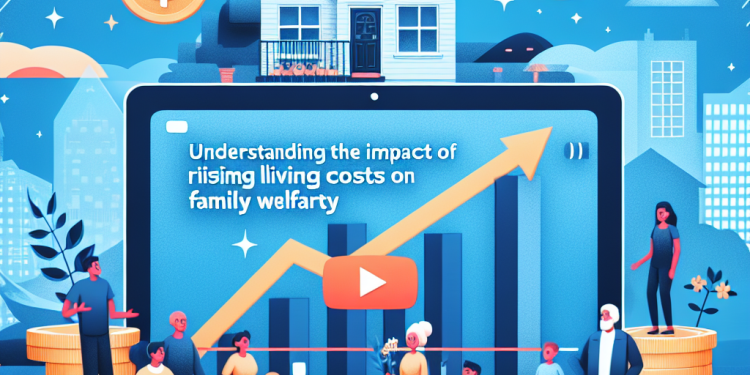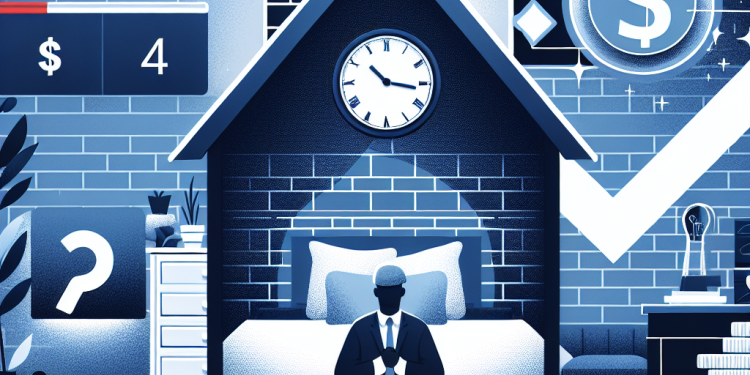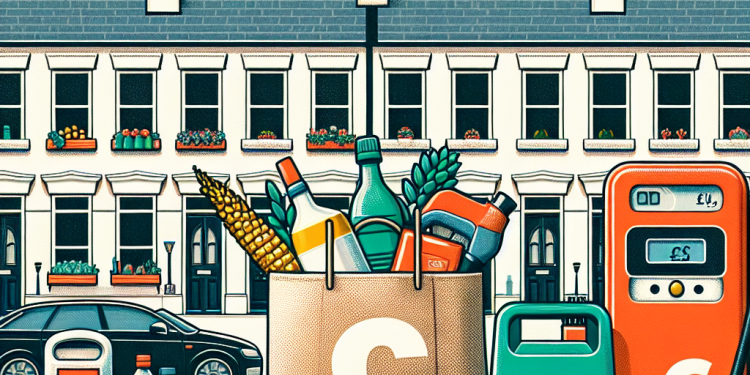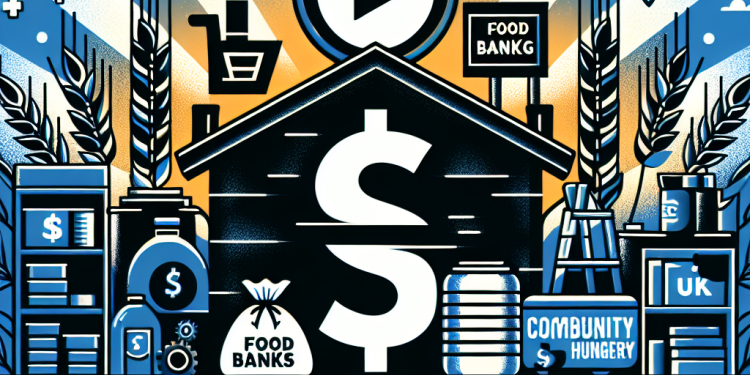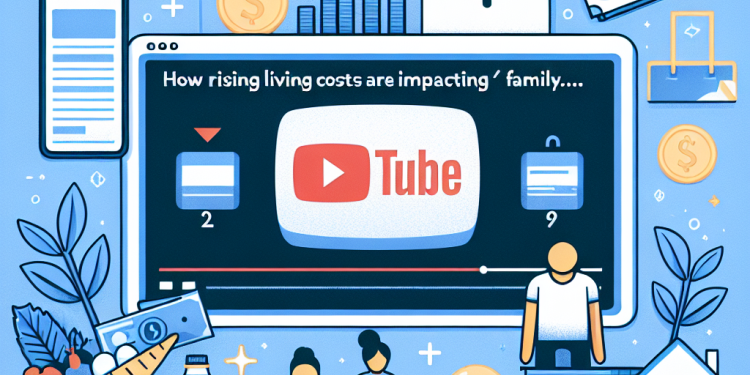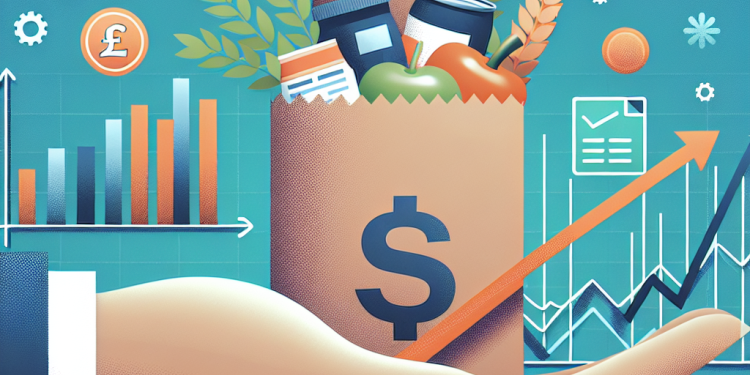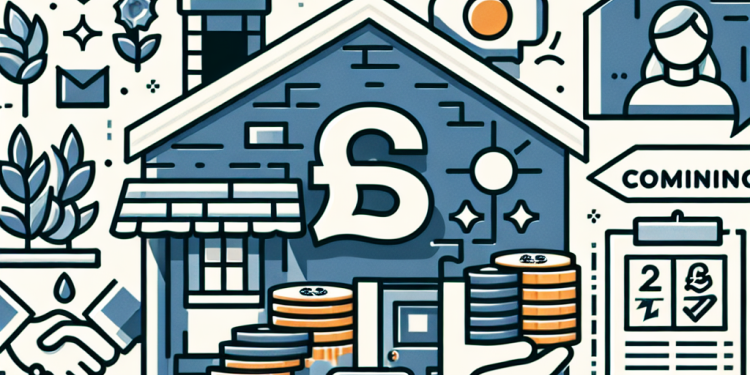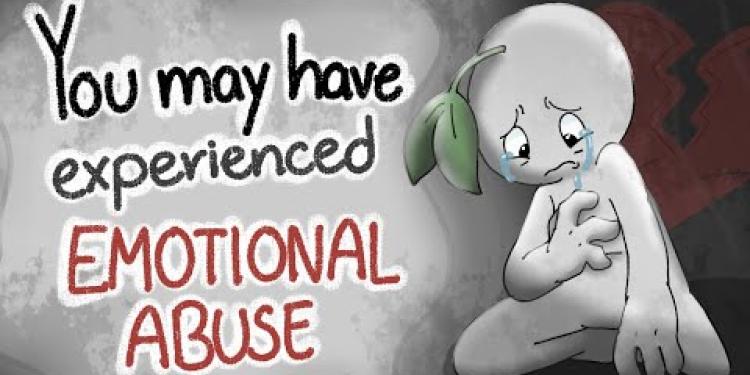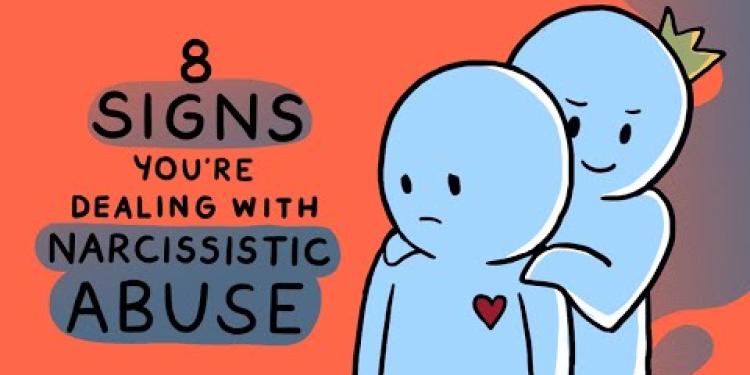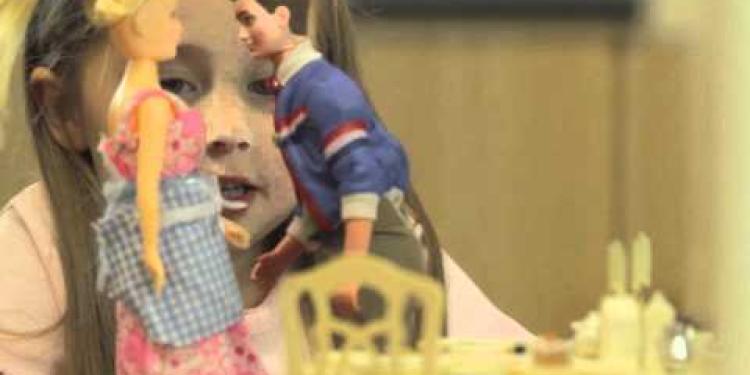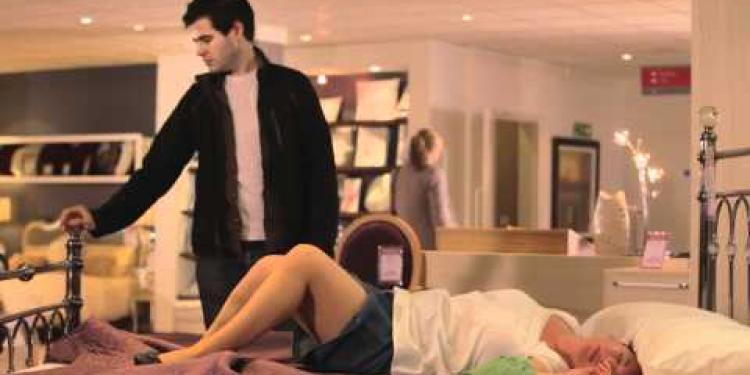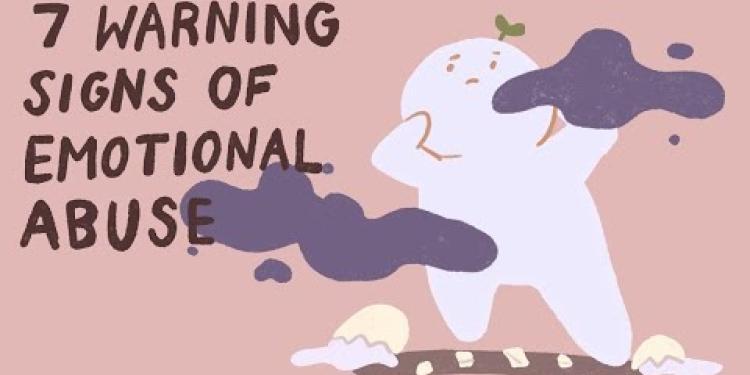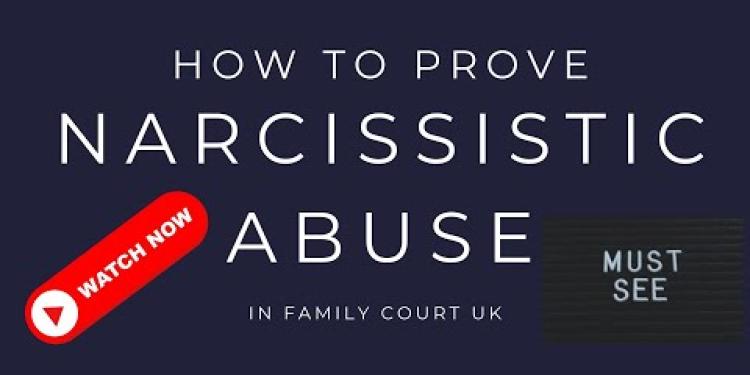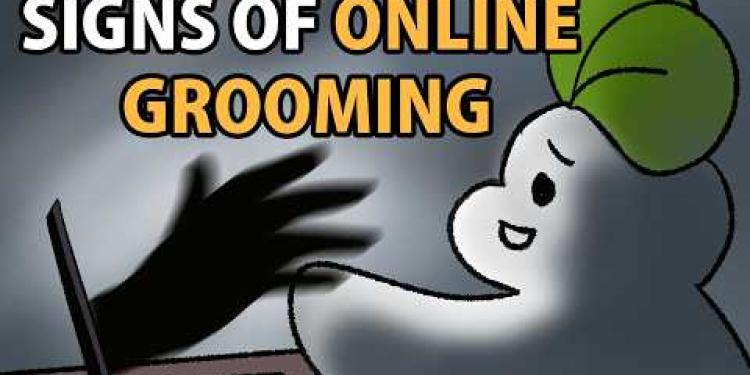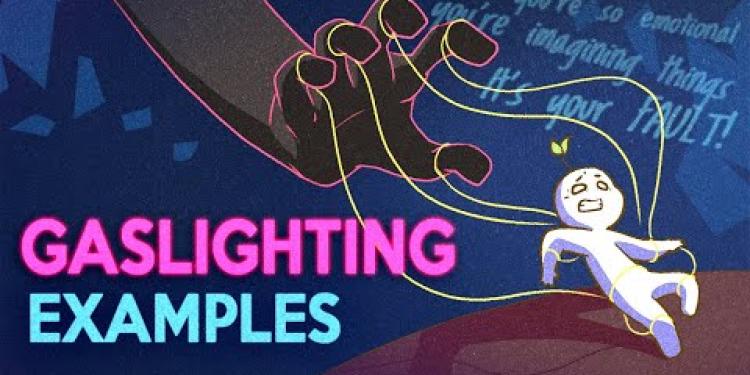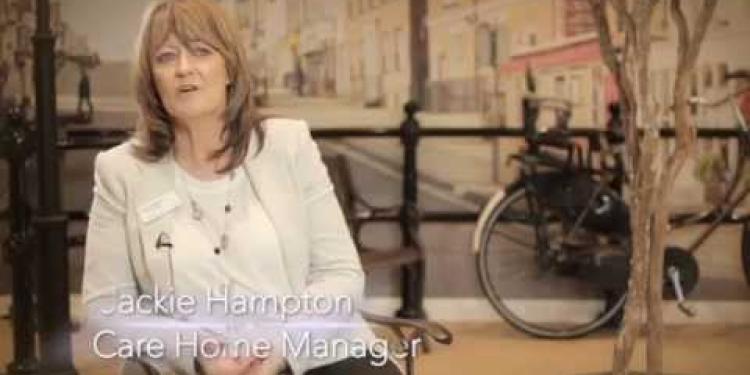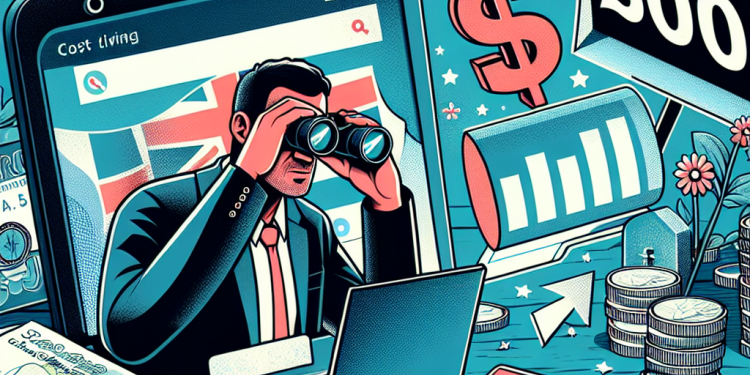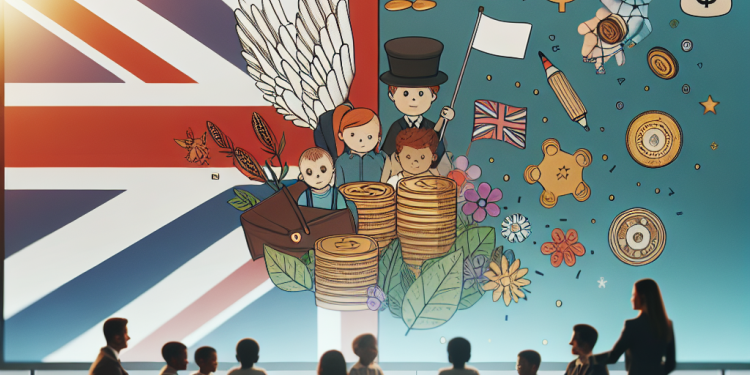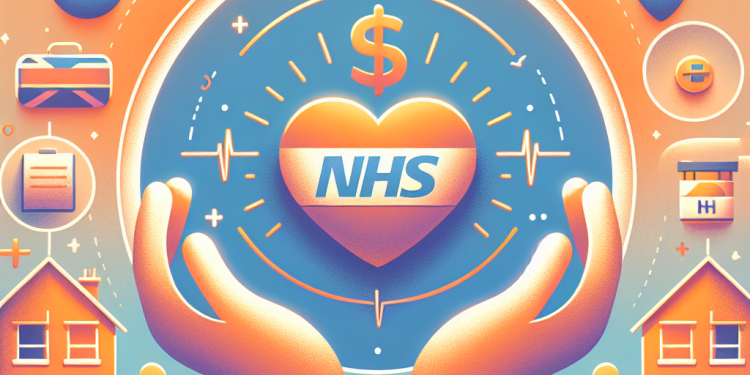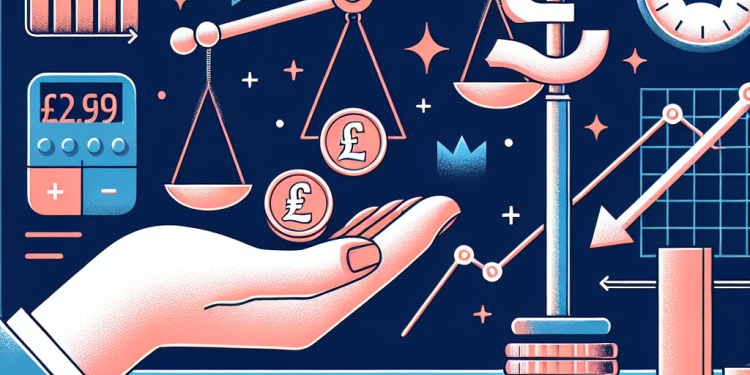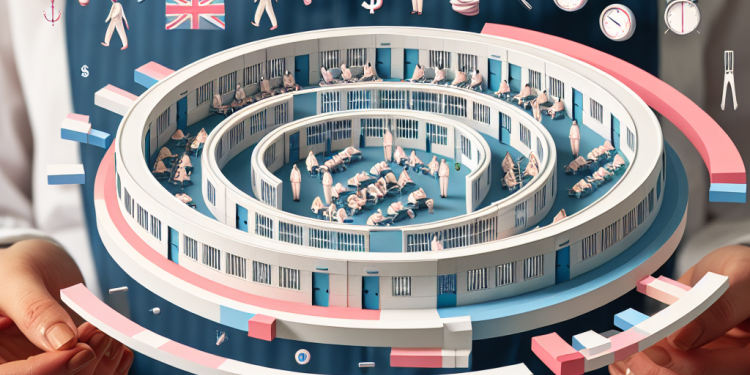Important Information On Using This Service
- Ergsy carefully checks the information in the videos we provide here.
- Videos shown by YouTube after a video has completed have NOT been reviewed by ERGSY.
- To view, click the arrow in the center of the video.
Using Subtitles and Closed Captions
- Most of the videos you find here will have subtitles and/or closed captions available.
- You may need to turn these on and choose your preferred language.
Turn Captions On or Off
- Go to the video you'd like to watch.
- If closed captions (CC) are available, settings will be visible on the bottom right of the video player.
- To turn on captions, click settings.
- To turn off captions, click settings again.
Find A Professional
Videos from Ergsy search
More Videos of Interestdiagnosis
Are You a Male Victim of Domestic Abuse?
Domestic abuse is a serious issue that can affect anyone, regardless of gender. In the United Kingdom, there are thousands of men who experience domestic abuse each year. It is crucial to recognize the signs and understand that help is available for men who find themselves in such a situation.
Understanding Male Domestic Abuse
Domestic abuse can manifest in various forms, including physical, emotional, psychological, and financial abuse. Men may feel ashamed or embarrassed to admit they are victims, leading to a lack of reporting. It is important to acknowledge that domestic abuse against men is just as serious as it is against women. If you are experiencing fear, intimidation, or harm from a partner or family member, you could be a victim of domestic abuse.
Signs of Domestic Abuse
Some common signs of domestic abuse include being isolated from friends and family, feeling controlled or monitored, experiencing physical violence, or suffering from verbal or emotional insults that undermine self-esteem. Financial control, threats, and coercive behavior are also key indicators. Recognizing these signs is the first step towards seeking help and protection.
Getting Help and Support
If you are a male victim of domestic abuse, know that you are not alone and support is available. In the UK, organizations such as ManKind Initiative, Men's Advice Line, and local councils offer resources specifically for male victims. These organizations provide confidential advice, support, and, where necessary, help you find emergency accommodation. Law enforcement agencies are also trained to take domestic abuse seriously, regardless of the victim's gender.
Seeking Legal Protection
The UK legal system provides protection through orders such as Non-Molestation Orders and Occupation Orders, which can legally prevent an abuser from contacting or approaching you. It is important to keep evidence of any abuse and consider seeking legal advice to understand your rights and options.
Breaking the Silence
Overcoming domestic abuse involves breaking the silence. By speaking out, whether to a trusted friend, family member, or support organization, you take a critical step towards regaining control and rebuilding your life. Remember, acknowledging the abuse and reaching out for help is a sign of strength.
Frequently Asked Questions
What is domestic abuse against men?
Domestic abuse against men refers to any incident or pattern of incidents of controlling, coercive, threatening, or violent behavior by a partner, ex-partner, or family member, regardless of gender or sexuality.
How common is domestic abuse against men in the UK?
Domestic abuse against men is a significant issue in the UK, with statistics indicating that approximately one in six men will experience domestic abuse in their lifetime.
What forms can domestic abuse take?
Domestic abuse can take many forms, including physical violence, emotional abuse, coercive control, sexual abuse, financial manipulation, and isolation from friends or family.
Why do men find it difficult to report domestic abuse?
Men may find it difficult to report domestic abuse due to societal stigma, fear of not being believed, shame, or concerns about losing their children or their reputation.
What should I do if I am a male victim of domestic abuse?
If you are a male victim of domestic abuse, reach out to support services such as the Men's Advice Line, and consider contacting the police if you feel safe to do so.
Are there support services specifically for men?
Yes, there are support services specifically for men, including the Men’s Advice Line, which provides confidential advice and support.
Can men access shelters or safe accommodation?
Men can access shelters or safe accommodation, although availability may vary. Some organizations provide support to help men find temporary refuge.
Is domestic abuse against men recognized by the law?
Yes, domestic abuse against men is recognized by the law in the UK, and victims are entitled to the same legal protections as women under the Domestic Abuse Act 2021.
What legal actions can male victims of domestic abuse take?
Male victims of domestic abuse can seek legal actions such as obtaining a Non-Molestation Order or an Occupation Order, and can also report the abuse to the police.
Can I report domestic abuse anonymously?
You can report domestic abuse anonymously through various support lines and charities, although providing your details can help ensure you receive the support you need.
How can I protect myself from further abuse?
To protect yourself from further abuse, develop a safety plan, stay connected with trusted friends or family, and contact support services for advice and assistance.
How can I help a friend who is experiencing domestic abuse?
Offer your support by listening, believing their experience, providing them with contact information for relevant support services, and encouraging them to seek help.
What are the signs of domestic abuse?
Signs of domestic abuse can include physical injuries, changes in behavior, withdrawal from social interactions, and financial difficulties due to abusive control.
Can men be victims of psychological abuse?
Yes, men can be victims of psychological abuse, which can include manipulation, threats, verbal insults, and any behavior designed to undermine or control them.
Where can I find more information about domestic abuse against men?
For more information, you can visit websites like Men’s Advice Line and Mankind Initiative, which provide resources and support for male victims of domestic abuse.
Useful Links
Useful links from: 6 Signs of Emotional Abuse and Neglect
- NHS - Signs of Child Abuse This NHS page provides information on recognising signs of abuse and neglect in vulnerable individuals, including children. It outlines what abuse and neglect are, signs to look for, and what actions to take if you suspect someone is being abused.
- NSPCC - Types of Abuse The NSPCC website offers comprehensive information on the different types of child abuse, including emotional abuse and neglect. It provides guidance on how to spot the signs and where to seek help.
- Barnardo's - Child Sexual Exploitation Barnardo's page provides information on child sexual exploitation, a form of abuse, and includes signs and indicators as well as support and resources available for affected kids and young people.
- Childline - Abuse and Neglect Childline offers resources and support for children and young people experiencing abuse and neglect. The site provides information on different types of abuse, including emotional abuse, and advice on how to get help.
Useful links from: 8 Signs You Are Dealing with Narcissistic Abuse
- NHS - Narcissistic Personality Disorder The NHS page on Narcissistic Personality Disorder provides an overview of the condition, including symptoms, causes, diagnosis, and treatment options available through NHS services.
- Mind - Understanding Narcissistic Abuse The mental health charity Mind offers information about abuse, including narcissistic abuse, its effects, and advice on finding support and help in the UK.
- Refuge - Emotional and Psychological Abuse Refuge provides information on emotional and psychological abuse, which includes aspects of narcissistic abuse, and offers support to those affected by it in the UK.
- Women's Aid - Identifying Abuse Women's Aid offers resources and support for identifying domestic abuse, including narcissistic abuse. They provide information on signs to watch for and ways to seek help.
Useful links from: Live Fear Free - The Effect of Domestic Abuse on Children
- NHS - Domestic Violence NHS advice on getting help for domestic violence, including how to support children affected by domestic abuse.
- NSPCC - Domestic Abuse NSPCC provides comprehensive information on how domestic abuse can affect children and where to get help.
- Refuge - Supporting Children Refuge outlines their services aimed at supporting children impacted by domestic violence and offers guidance on protection.
- Women's Aid - Children and Domestic Abuse Women's Aid explores the impact of domestic abuse on children and provides resources to support affected individuals.
Useful links from: Live Fear Free - Domestic Abuse
- Live Fear Free - Welsh Government The Live Fear Free campaign by the Welsh Government offers advice and support for those experiencing domestic abuse, sexual violence, and violence against women. It provides helpline contact information and resources for those in need of support.
- NHS - Domestic Violence The NHS page on domestic violence provides information on recognizing the signs of domestic abuse and how to get help, including advice on healthcare support and contacting helplines.
- Women's Aid Women's Aid is a UK-based charity working to end domestic abuse against women and children. It offers support services, a directory of local support services, and information for victims of domestic violence.
- Refuge - Domestic Violence Help Refuge is a UK charity providing specialist support for women and children experiencing domestic violence. They offer a national helpline, emergency accommodation, and support services for survivors.
Useful links from: When Kids Abuse Kids
- NSPCC - Help for Children Who Are Abusing Others The NSPCC provides guidance and support for children who are displaying harmful sexual behaviour, helping to address and manage these behaviours effectively.
- NHS - Sexual Abuse: Children and Young People The NHS offers advice and support for young people who have been affected by sexual abuse, including cases where young people abuse others, with information about confidentiality and services available.
- Barnardo's - Addressing Harmful Sexual Behaviours Barnardo's provides support and specialist services for children who exhibit harmful sexual behaviour or have experienced sexual abuse, focusing on recovery and prevention.
- Childline - Supporting People Who've Committed Sexual Abuse Childline offers support and advice for young people who have committed sexual abuse, providing a safe space to talk and seek guidance for changing behaviour.
Useful links from: 7 Warning Signs of Emotional Abuse
- NHS - Domestic violence and abuse This page provides information and help for victims of domestic violence and abuse, including emotional abuse. It includes information on services that are available and how to get support.
- Women's Aid - Identifying Abuse Women's Aid provides comprehensive information on what constitutes domestic abuse, including emotional abuse, and offers guidance on identifying warning signs and getting help.
- Refuge - Emotional Abuse Refuge offers detailed information about emotional abuse, its signs, and its effects. The site also provides resources and support services for those experiencing abuse.
- Mind - Types of Abuse Mind explains different types of abuse, including emotional abuse. This resource includes information on recognising abuse and finding appropriate support.
Useful links from: Three-year limit for child sexual abuse claims to be removed
- NHS Information on Child Sexual Abuse Support This NHS page provides information on how to get support and help if you or someone you know has experienced sexual assault, including child sexual abuse. It outlines various resources available for victims and survivors.
- NSPCC - Child Sexual Abuse The NSPCC website offers detailed information on child sexual abuse, how to recognize it, and how to get help. The NSPCC is a leading UK charity dedicated to preventing child abuse and supporting children and families.
- Victim Support - Child Sexual Abuse Victim Support is an independent charity in England and Wales that provides free and confidential support to victims of crime, including those affected by childhood abuse. This page outlines resources and advice for survivors.
- Independent Inquiry into Child Sexual Abuse (IICSA) The Independent Inquiry into Child Sexual Abuse investigates reports of institutional failures to protect children from sexual abuse in England and Wales. They provide reports, support estimates, and advocate for policy changes.
More Videos of Interestdiagnosis
Have you found an error, or do you have a link or some information you would like to share? Please let us know using the form below.
- Ergsy carfully checks the information in the videos we provide here.
- Videos shown by Youtube after a video has completed, have NOT been reviewed by ERGSY.
- To view, click the arrow in centre of video.
- Most of the videos you find here will have subtitles and/or closed captions available.
- You may need to turn these on, and choose your preferred language.
- Go to the video you'd like to watch.
- If closed captions (CC) are available, settings will be visible on the bottom right of the video player.
- To turn on Captions, click settings .
- To turn off Captions, click settings again.
